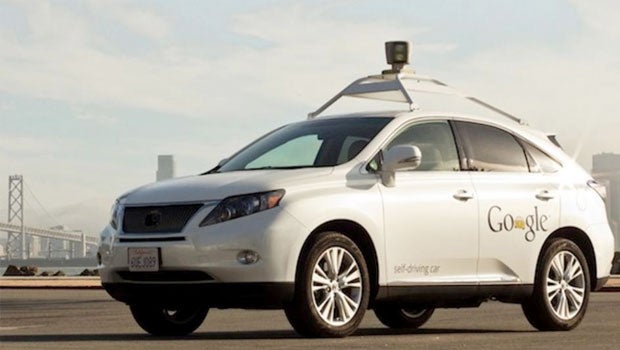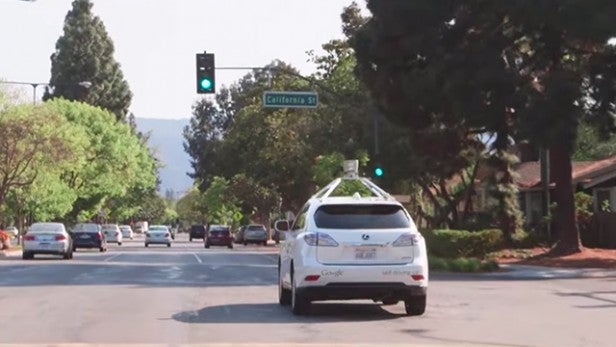This is all the data insurers want to collect from driverless cars

The advent of driverless cars is moving ever closer, and although we’re still some years away from autonomous vehicles hitting the roads in a significant way, preparations are already being made for their arrival.
Following the UK government’s announcement of an open consultation, launched to give all drivers the chance to have their say on the government’s Pathway to Driverless Cars proposals, insurers have weighed in with a list of rules.
The Association of British Insurers (ABI) published the rules, which lay out how best to protect drivers and insurers when it comes to the tricky issue of determining liability after an accident involving an autonomous vehicle.
Related: Death by driverless car – Who’s to blame when robot cars get it wrong?
Part of the list concerns a “basic set of core data” which should be shared with insurers following a collision and will contain information such as whether the car was in autonomous mode or being driven manually.
The ABI’s Director General Huw Evans told the BBC that the data “would offer public reassurance by protecting motorists from being incorrectly blamed if something fails with their car, helping police investigations and supporting prompt insurance payouts.”

It will also tell insurers which features were in use when the accident took place, the time and GPS location, when the car was put into autonomous mode, and when the driver last used the steering or braking manually.
Finally, the ‘core data’ will contain information on whether someone was in the driver’s seat at the time of the incident, and whether their seatbelt was being used.
Data from 30 seconds before to 15 seconds after an incident would be handed over to insurers as part of the rules, but they would not be able to collect information on a driver’s manual performance while driving.
Related: Best Black Friday deals UK
Insurers say the collection of this data will help them determine liability and support emergency services’ investigations.
Of course, there’s no guarantee that the rules specified by the ABI will be adopted into legislation, or that they will be allowed to collect the data they’ve outlined.
There’s also the fact that the World Forum for the Harmonization of Vehicle Regulations, a UN body, will define its own rules which are set to arrive in 2019, and insurers will want to ensure they have a say.
WATCH: Death by Driverless Car – Who’s at fault?
Let us know what you think of the driverless car news in the comments.

